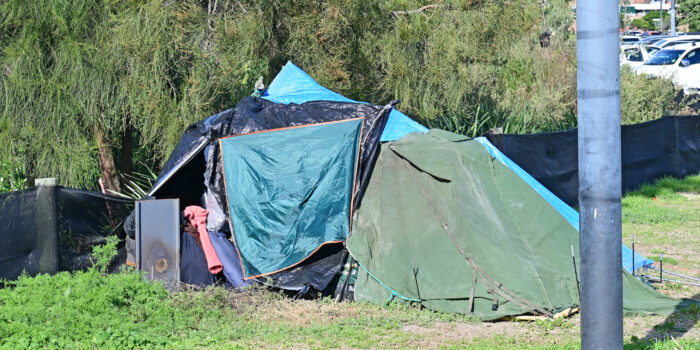A lawyer whose signature was forged by her husband so he could fund a deposit on a stately family home at a prestige address had been “unjustly enriched” by the fraud, claims the lender, despite her being ripped-off by the scam.

The pair had lived in a rental before Kalivoda located a substantial two level residence in Evans Road, Kew (Melbourne) which he signed up to buy in December 2009.
To finance the majority of the 10% deposit on the $2.7 million mansion, he turned to financier Southage, for a three month tie over.
He nominated his wife into the position of buyer and completion was effected in February 2010 with the aid of a NAB mortgage at 95% of valuation.
Need Advice?
By the end of that year the home loan was in default and both NAB and her husband pressed the new owner for a quick sale.
In July 2011 – two months before the couple separated, six months before Kalivoda’s bankruptcy and at the height of the GFC – an auction recouped all but $85k of the buy price.
It was not until February 2012 – when Southage lodged its mortgage for registration and began recovery proceedings – that Vescovi discovered her additional debt.
Southage soon accepted she too was an innocent victim and that her signature had been faked.
It conceded its mortgage was void but contended that $225k – that part of the advance that had gone into the Kew deposit – must nevertheless be repaid.
Not disputing Southgate made the loan “under a mistake of fact”, Vescovi refuted she had been “unjustly enriched” as she gained not a single dollar from the exercise.
She had also substantially altered her position on at least three occasions – by becoming the Kew buyer, entering into the NAB loan and agreeing to the “forced sale” – on the “faith” of her husband’s assurance he had paid the deposit from his own funds.
In those circumstances any restitution ordered against her would, she argued, be unjust.
Four Supreme Court judges agreed. Fairness demanded of the circumstances, that she should never be required to repay Southage.
Her “faith” in her husband’s deposit payment was genuine and had clearly been a driver of her key position-altering decisions, notwithstanding she may have also been motivated by “faith in her husband’s ability to make the repayments and the desirability of the Kew property”.
She was therefore protected by the exception to the general requirement to repay “riches” received unjustly because such enforcement would result in an even greater inequity.
The three appeal judges declined to overrule their colleague – who tried the case and decided an unjust enrichment had nevertheless occurred – because “it was unnecessary to determine” that issue to resolve the appeal but observed such a decision was impossible in the absence of evidence of what proportion of the value of the Kew home was represented by the $225k sum.
The lender’s claim and appeal were dismissed.
Southage Pty Ltd v Vescovi [2015] VSCA 117 Wazrren CJ, Santamaria JA, Ginnane AJA 22 May 2015





